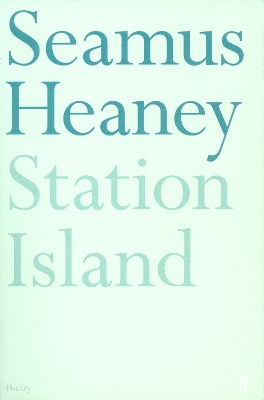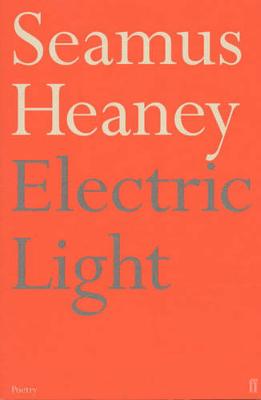Penguin
3 total works
The title poem from this collection is set on an island that has been a site of pilgrimage in Ireland for over a thousand years. A narrative sequence, it is an autobiographical quest concerned with 'the growth of a poet's mind'. The long poem is preceded by a section of shorter lyrics and leads into a third group of poems in which the poet's voice is at one with the voice of the legendary mad King Sweeney.
'Surpasses even what one might reasonably expect from this magnificently gifted poet.' John Carey, Sunday Times
Electric Light travels widely in time and space, visiting the sites of the classical world, revisiting the poet's childhood: rural electrification and the light of ancient evenings are reconciled within the orbit of a single lifetime. This is a book about origins (not least the origins of words) and oracles: the places where things start from, the ground of understanding - whether in Arcadia or Anahorish, the sanctuary at Epidaurus or the Bann valley in County Derry.
Electric Light ranges from short takes ('glosses') to conversation poems whose cunning passagework gives rein to 'the must and drift of talk'; other poems are arranged in sections, their separate cargoes docked alongside each other to reveal a hidden and curative connection. The presocratic wisdom that everything flows is held in tension with the fixities of remembrance: elegising friends and fellow poets, naming 'the real names' of contemporaries behind the Shakespearean roles they played at school. These gifts of recollection renew the poet's calling to assign to things their proper names. The resulting poems are full of delicately prescriptive tonalities, where Heaney can be heard extending his word-hoard and rollcall in this, his eleventh collection.


